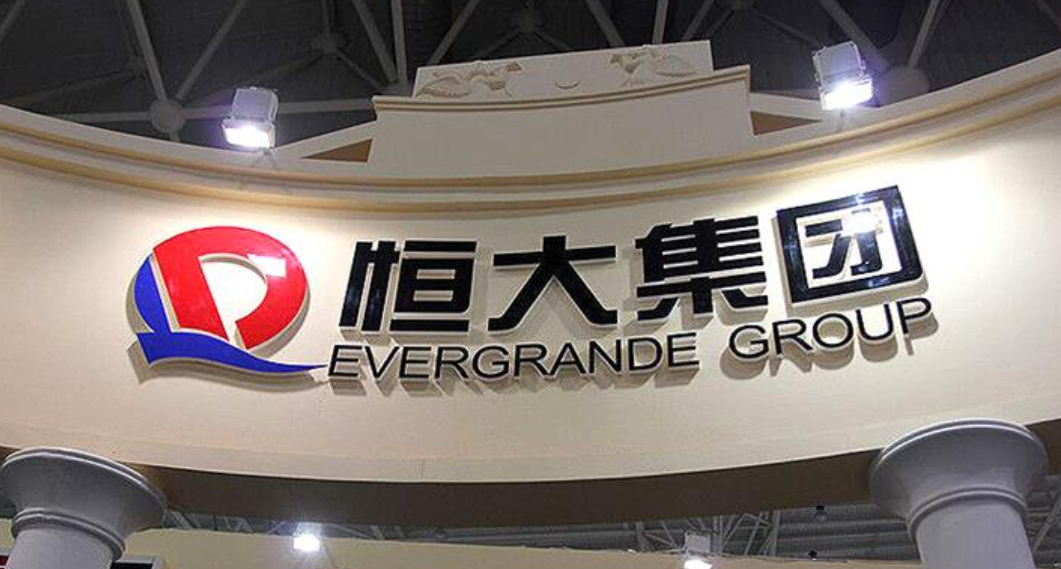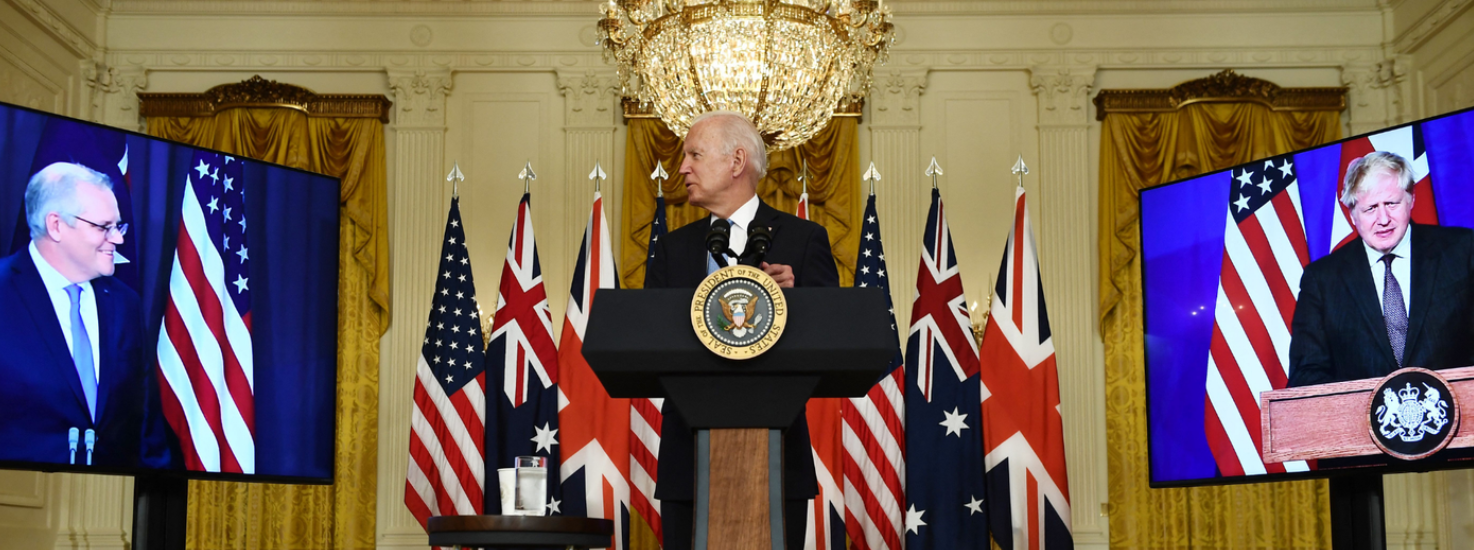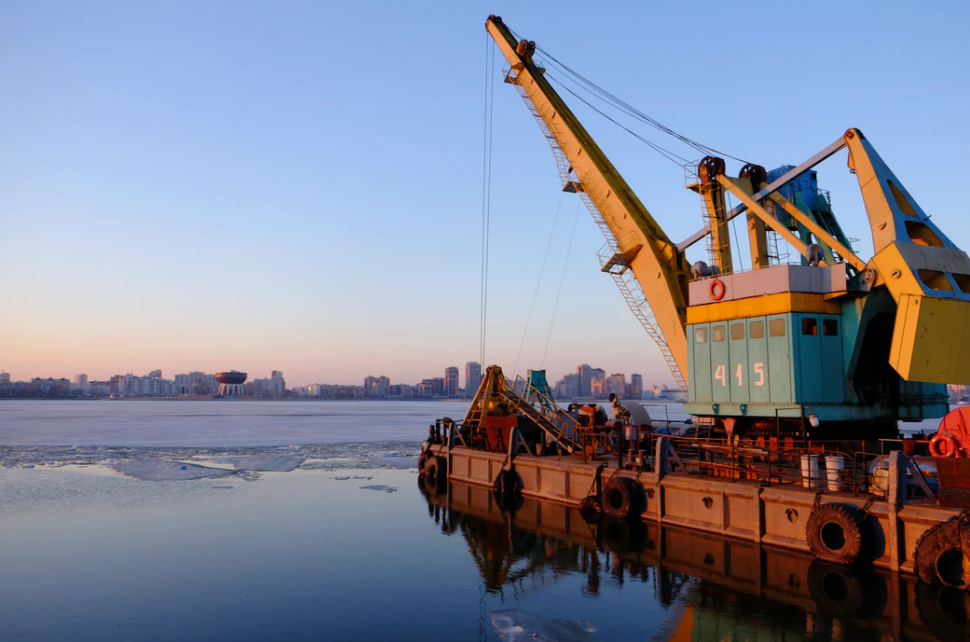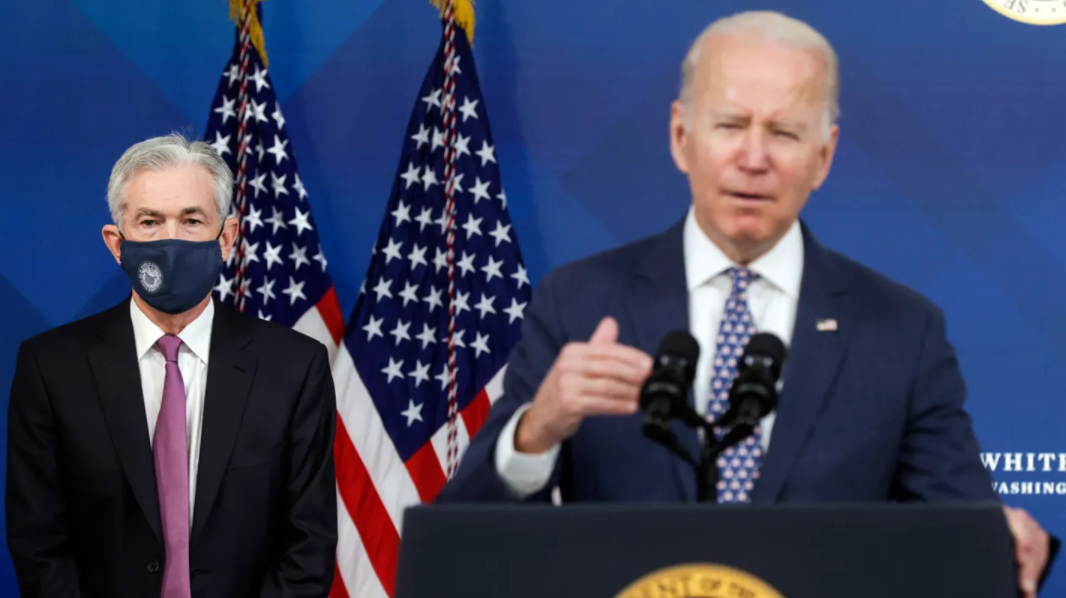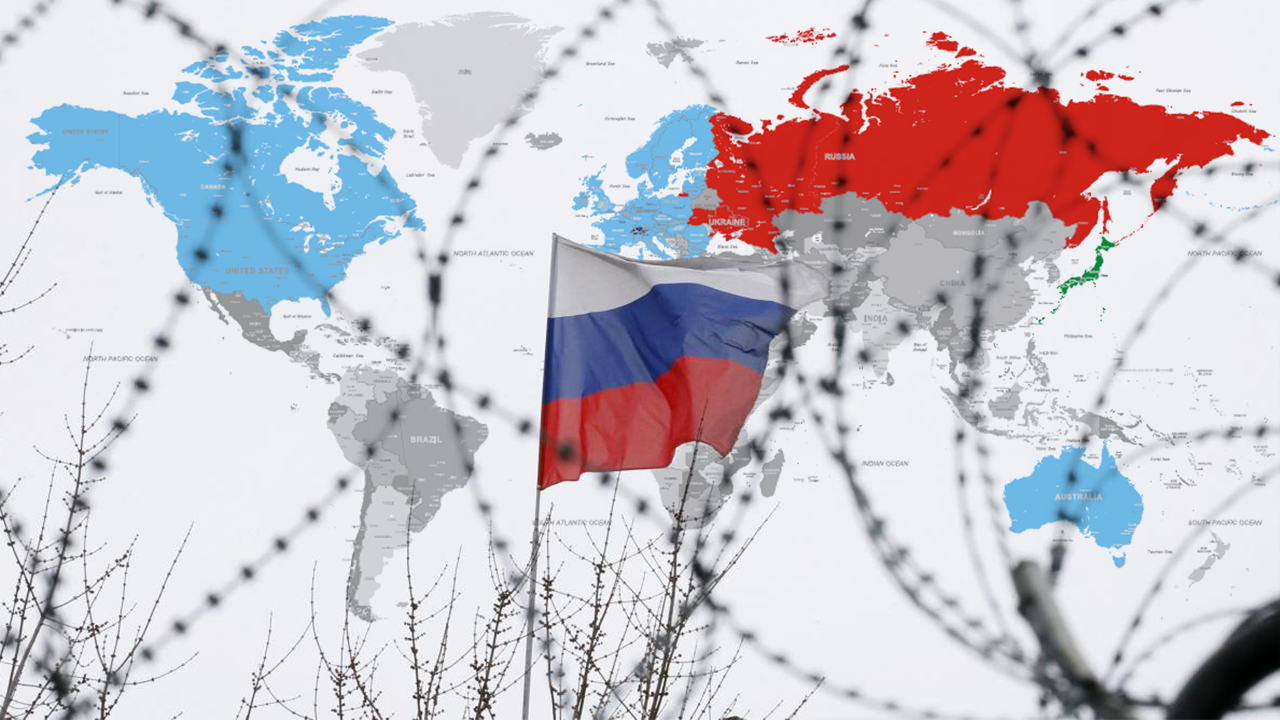Thu Nov 11, 2021
Thursday / November 11
US inflation jumps
Inflation across a wide range of products that consumers buy daily was even worse than expected in October, reaching the highest level in the last 30 years, the U.S. Department of Labor said on Wednesday.
The consumer price index, a basket of goods ranging from gasoline and healthcare to groceries and rents, rose 6.2% from a year ago to its highest level since December 1990.
This is also higher than the 5.9% Dow Jones poll median estimate. On a monthly basis, CPI increased by the same 0.9% against the forecast of 0.6%.
Subtracting variable food and energy prices, the so-called core CPI rose 0.6% against an estimate of 0.4%. Annual core inflation reached its highest level since August 1991 at 4.6%, compared to the 4% expected.
Fuel prices rose 12.3% for the month as part of a 59.1% increase from last year. Energy prices overall rose 4.8% in October and rose 30% for the 12-month period.
President Biden acknowledged that the numbers were high and that his administration would work to find solution the unsettling aspects of the inflation on the people.
US stocks
Stocks in the US pulled back after a record October consumer price reading, causing an increase in bond yields.
The Dow Jones Industrial Average closed at 36,079.94, down 240 points, or 0.7%. The S&P500 fell 0.8% to 4,646.71. The tech-heavy Nasdaq Composite closed at 15,662.71, down nearly 1.7%.
The 10-year Treasury yield, which has been on a downward trend in recent weeks, rose by about 11 basis points on Wednesday after the CPI reading. Weak auctions on 30-year bonds on Wednesday afternoon fueled the rise.
As Treasury yields rose, investors abandoned hi-tech stocks, turned to bank stocks, and sought shelter in gold or Bitcoin.
Taiwan tension
China's foreign ministry said on Wednesday that a US congressional delegation's visit to Taiwan violates the 'One China' policy and that the US should immediately cease all official interactions with Taiwan.
Wang Wenbin, spokesperson for the Chinese foreign ministry, said at a daily media briefing that "collectively collaborating with the pro-independence forces is a dangerous game" in Taiwan.
Sino-US rivalry
Chinese President Xi Jinping said on Thursday that the Asia-Pacific region should not revert to the tensions of the Cold War era.
In a video message he recorded for a CEO forum on the sidelines of the Asia-Pacific Economic Cooperation summit hosted by New Zealand, Xi said "attempts to draw ideological lines or create small circles on geopolitical grounds are doomed to fail."
and cooperation
Xi said earlier on Wednesday that China was ready to properly manage differences with the United States.
Ina letter read by China's Ambassador to the US, Qin Gang, at the dinner of the National Committee on US-China Relations in Washington on Tuesday, Xi said China was ready to cooperate with the US on regional and global issues.
A date for the Xi-Biden meeting has yet to be announced, but a person briefed on the matter said it is expected to take place next week, according to Reuters.
The United States and China, the world's two largest emitters of carbon dioxide, announced that they have reached an agreement to accelerate cooperation in tackling climate change, including reducing methane emissions, protecting forests and phasing out coal consumption.
The framework agreement was announced by US climate envoy John Kerry and his Chinese counterpart, Xie Zhenhua, at the UN climate conference in Scotland.
Evergrande bankruptcy
Chinese real estate developer China Evergrande Group has defaulted on interest payments to international investors, German DMSA said.
The German Market Scanning Agency DMSA announced on its official website that it has not received any interest payments, that it was preparing bankruptcy proceedings against Evergrande, and urged all bond investors to join it.
But the New York Times and Bloomberg reported that Evergrande paid interest on at least two of its bonds on Wednesday and managed to avoid defaults.
The company has been able to jump from one deadline to the next by fulfilling its obligations at the last minute, often without explaining how it did so.

